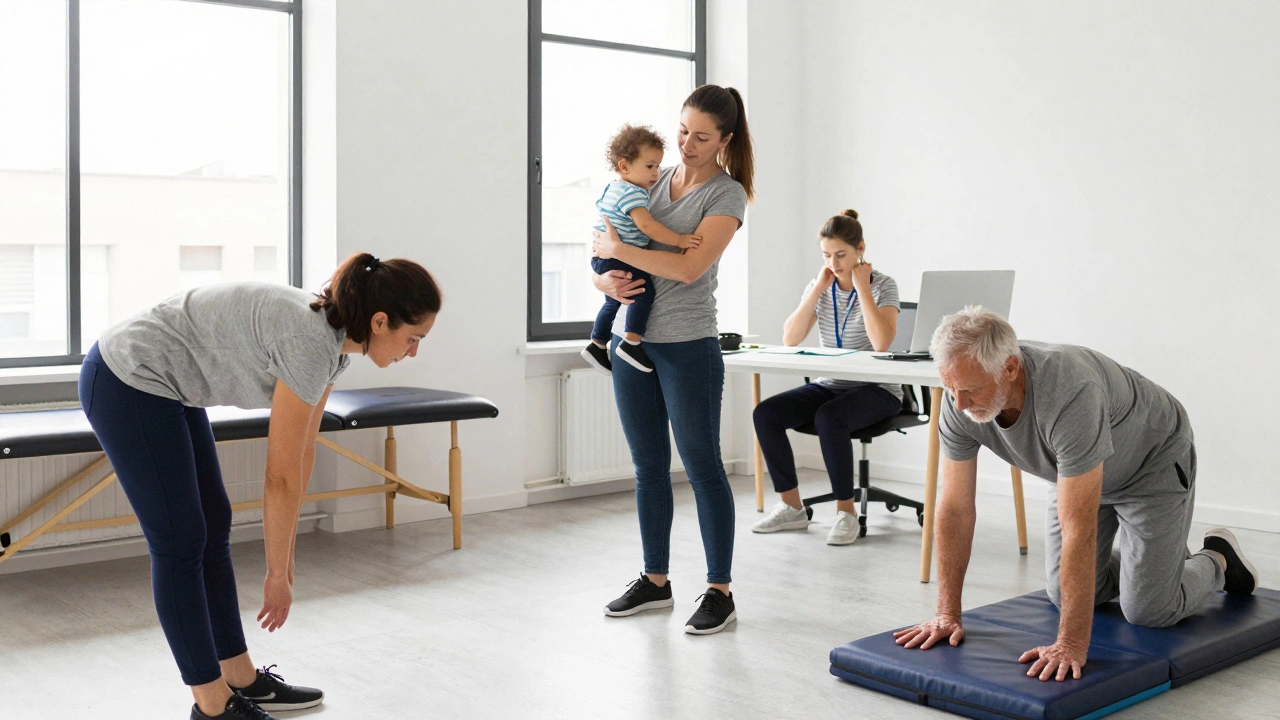Health and Wellness: Practical Tips and Latest Insights
Feel like you’re juggling too many health tips and still not sure what actually works? You’re not alone. This page pulls together the most useful advice from our articles so you can cut through the noise and focus on what matters day‑to‑day.
Everyday Nutrition and Lifestyle Hacks
Good nutrition starts with simple swaps. Swap sugary drinks for water or herbal tea, and you’ll notice steadier energy within a week. Add a handful of nuts or a boiled egg to breakfast for protein that keeps cravings at bay. Small changes add up, and you don’t need a gourmet kitchen to make them happen.
Movement doesn’t have to mean a marathon. A 10‑minute walk after dinner helps regulate blood sugar and improves sleep. If you’re short on time, try a quick set of body‑weight squats or stairs while waiting for the kettle. Consistency beats intensity when you’re building new habits.
Stress often sneaks in through work or family life, and it can wreck digestion and immunity. Try a 5‑minute breathing exercise: inhale for four counts, hold for four, exhale for four, then repeat. It’s a free tool you can use anywhere, and many of our readers say it lowers their migraine frequency.
Managing Health Care Services in the UK
Understanding NHS options can feel like a maze. If you need a private room, you can pay the supplementary charge directly to the hospital – it’s usually cheaper than booking a separate private hospital stay. Our guide breaks down the typical costs and what paperwork you’ll need.
Finding a new GP? Start by checking the NHS website for practices in your postcode, then call to ask about appointment availability and whether they offer online bookings. A short phone chat can save you weeks of waiting.
When it comes to prescription costs, you’re not stuck paying full price. If you’re on a low income or receive certain benefits, you may qualify for free prescriptions. For those who don’t, a simple comparison of pharmacy prices can shave off a few pounds each month.
Telemedicine services like Teladoc or online doctor platforms can be handy for non‑urgent issues. They’re generally cheaper than a walk‑in clinic and can give you a prescription or advice within minutes. Just weigh the convenience against the need for a physical exam – for many skin rashes or minor colds, it works well.
Chronic pain is another area where practical steps matter. For nerve pain, topical creams with capsaicin or a short course of low‑dose antidepressants often help more than over‑the‑counter pills. Back pain relief can start with daily stretches – think cat‑cow, child’s pose, and gentle hamstring loops – plus a standing desk if you sit all day.
If you’re considering health insurance beyond the NHS, the UK market offers policies that cover faster specialist referrals, private physiotherapy, and even dental implants. Premiums vary by age, smoking status, and coverage level, so request quotes from at least three providers before deciding.
Finally, keep an eye on global health trends. Countries like Norway and Sweden provide free or heavily subsidised care, showing that strong public funding can lower out‑of‑pocket costs for everyone. Learning from their models can help you advocate for better local services.
All of these tips come from real‑world experience and expert input. Bookmark this page, try one or two ideas each week, and watch how your overall health improves without a huge time or money investment.












